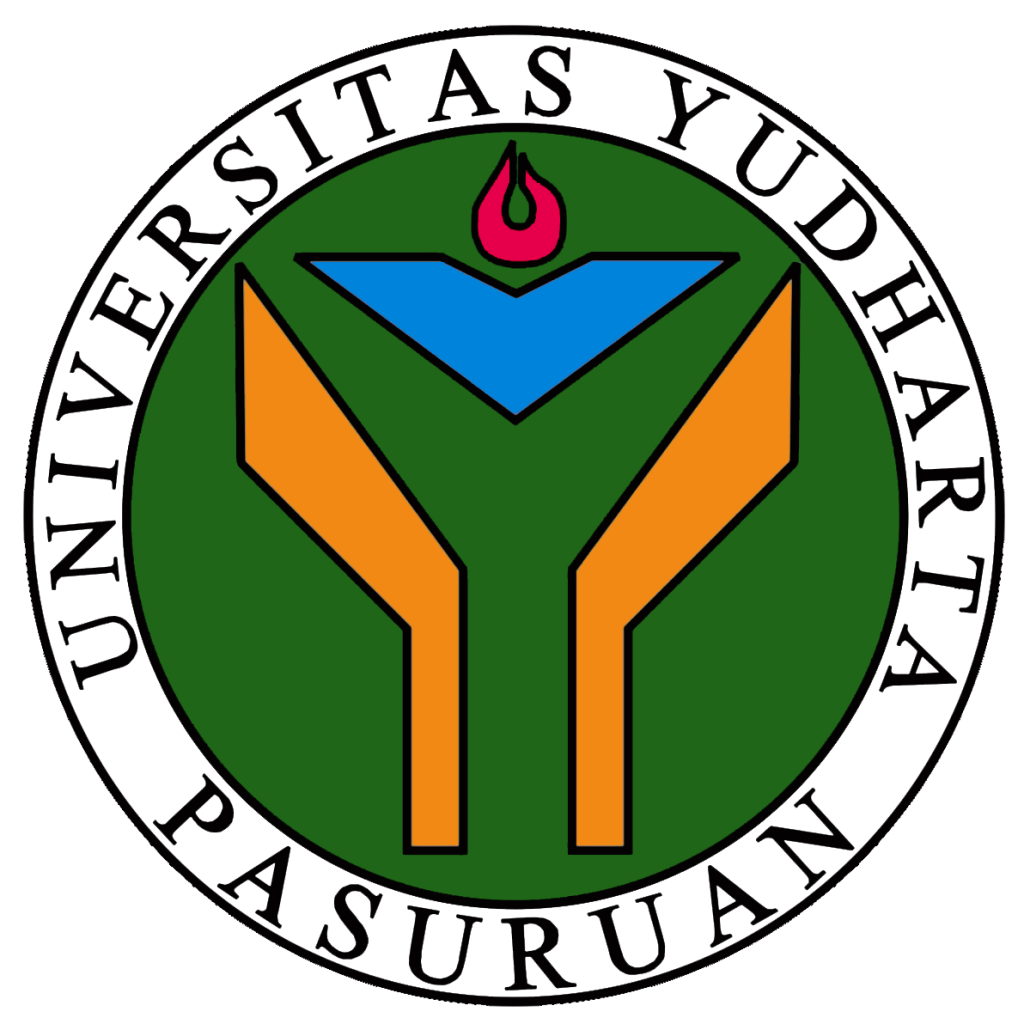The Sacrificed Son of Ibrahim: A Comparison of Discourses in Ar-Razi's Tafsir
Keywords:
Comparison, Son of Abraham, SlaughterAbstract
The Koran does not at all mention the name of the son of Abraham who was ordered by God to be slaughtered, so a debate later emerged between identifying him as Ishmael or Isaac. The researcher uses a library method which allows the researcher to search in depth and then carry out a comparative analysis of the son in question. The data source is focused on references in the form of interpretations and explanations of a series of verses from the Koran which tell the story of the implementation of the order for slaughter, namely Surah As-Shaffat verses 99 to 112. In his discussion, the researcher begins the analysis by building a storyline structure related to the journey of Abraham. The discussion regarding comparative discourse regarding the reasons for identification as Isaac or Ishmael actually only focuses on this story. Especially on two main things, namely the certainty of the son referred to in verses 100 and 101 and the interpretation of verse 112 about the birth or appointment of Isaac as a prophet. Apart from this main reason, there is supporting data. The identification of Isaac only has one supporting data, while the identification as Ishmael has eight supporting data and arguments.
References
Abror, Muhamad. “Nabi Yang Dikurbankan: Ismail Atau Ishaq?” NU Online, 2021. https://islam.nu.or.id/hikmah/nabi-yang-dikurbankan-ismail-atau-ishaq-d9y64.
Ahmad, Ibn Hanbal. Musnad Al-Imam Ahmad Bin Hanbal. Mu’assat Ar-Risalah, 2001.
Al-Bukhari. Shahih Bukhâri. Dar Thuruq Najah, 1422.
Al-Hakim, Muahammad. Al-Mustadrak Ala As-Shahihain. Saudi Arabia: Dar Al-Minhaj Al-Qawiem, 2018.
Al-Mahalli, Jalaluddin, and Jalaluddin Abdurrahman As-Suyuthi. Tafsir Al-Jalalain. Kairo: Dar Al-Hadits, n.d.
Al-Wahidi, Ali bin Ahmad. At-Tafsir Al-Basith. Riyadh: Muhammad bin Saud University, 1430.
Ar-Razi, Muhammad bin Umar. Mafatih Al-Ghaib. Bairut: Dar Ihya Turats Al-Arabi, 1420.
As-Saharanfuri, Ahmad Ali. Hasyiyat As-Saharanfuri. Ube Yamaguchi: Abu Hasan Nadwi Center, 2011.
As-Shawi, Ahmad bin Muhammad. Hasiyat As-Shawi Ala Tafsir Al-Jalalain. Lebanon: Dar Al-Kutub Al-Ilmiyah, 2013.
As-Sya’rawi, Muhammad Mutawwalli. Tafsir As-Sya’rawi. Mathabi’ Akhbar Al-Yawm, 1997.
Az-Zuhaily, Wahbah. At-Tafsir Al-Munir. Damaskus: Dar Al-Fikr, 1991.
Darmalaksana, Wahyudin. “Metode Penelitian Kualitatif Studi Pustaka Dan Studi Lapangan.” Pre-Print Digital Library UIN Sunan Gunung Djati Bandung, 2020, 1–6.
Febriani, Ina Salmah. “Sayyidah Hajar Al-Mishriyyah: Potret Perempuan Kuat Di Balik Risalah Dahsyat.” Cariustadz, n.d. https://cariustadz.id/artikel/detail/sayyidah-hajar-al-mishriyyah-potret-perempuan-kuat-di-balik-risalah-dahsyat.
Hasan Khan, Shadiq. Fathu Al-Bayan Fi Maqashid Al-Qur’an. Bairut: Maktabah Asyriyah, 1992.
Ibnu Katsir, Ismail. Qashashu Al-Anbiya’. Makkah: Maktabah At-Thalib Al-Jami’i, 1988.
———. Tafsir Ibn Katsir. Dar Thaibah, 1999.
Mahmud, Basri. “Isra’Iliyat Dalam Tafsir Al-Thabari.” Al-Munzir 8, no. 2 (2015): 157–78. https://doi.org/http://dx.doi.org/10.31332/am.v8i2.742.
Mas’udi, M. Maulana. “Studi Komparasi: Kisah Ibrahim Dalam Perspektif Islam Dan Kristen.” Al-Hikmah: Jurnal Studi Agama-Agama 5, no. 2 (2019): 16–33. https://doi.org/https://doi.org/10.30651/ah.v5i2.4279.
Ridla, Muhammad Rasyid. Tafsir Al-Mannar. Mesir: Al-Hai’ah Al-Mishriyah Al-Ammah lilkitab, 1990.
Shabri Basya, Ayyub. Mausu’ah Mir’at Al-Haramain As-Syarifain Wa Jazirat Al-Arab. Kairo: Dar Al-Afaq Al-Arabiyah, 2004.
Downloads
Published
Issue
Section
License
Copyright (c) 2024 Abdurrahman

This work is licensed under a Creative Commons Attribution-ShareAlike 4.0 International License.



